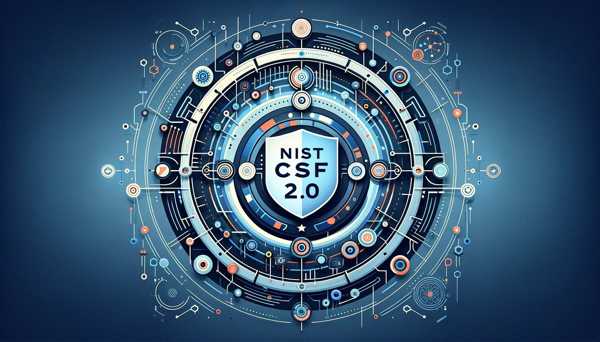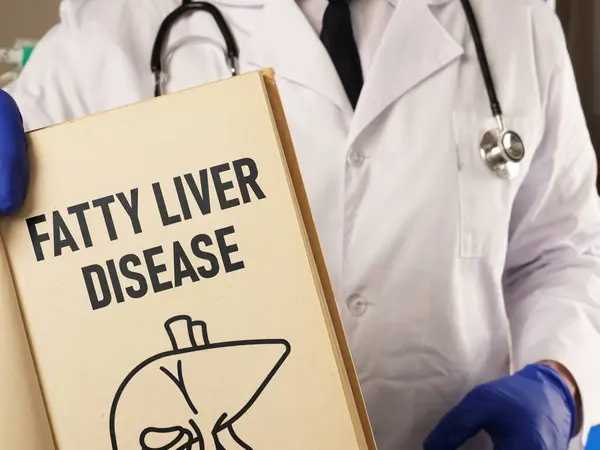Recent Innovations in Anxiety Treatment
Anxiety disorders are prevalent mental health conditions that can significantly impact daily life. Recent advancements in treatment options offer new hope for individuals seeking effective therapies.
Anxiety disorders are prevalent mental health conditions that can significantly impact daily life. Recent advancements in treatment options offer new hope for individuals seeking effective therapies.
1. Digital Therapeutics
The U.S. Food and Drug Administration (FDA) has recently approved DaylightRx, the first digital therapeutic designed to deliver cognitive behavioral therapy (CBT) for generalized anxiety disorder (GAD). This prescription-based digital treatment provides patients with accessible, evidence-based strategies to manage anxiety symptoms.
2. Transcranial Magnetic Stimulation (TMS)
Advancements in TMS technology have led to the development of Theta Burst Stimulation (TBS), a form that delivers magnetic pulses at higher frequencies over shorter durations. TBS has demonstrated comparable effectiveness to standard TMS protocols, with the advantage of significantly reduced treatment times.
3. Psychedelic-Assisted Therapy
Emerging research indicates that psychedelics, such as LSD, may offer therapeutic benefits for anxiety disorders. MindMed is conducting Phase 3 clinical trials to evaluate the efficacy of LSD in treating GAD, marking a significant step toward integrating psychedelic-assisted therapies into mainstream mental health treatment.
4. Virtual Reality (VR) Therapy
Self-guided VR therapy has emerged as an innovative approach to treating anxiety disorders. Recent studies have shown that VR interventions can effectively reduce symptoms in conditions like social anxiety disorder, public speaking anxiety, and specific phobias, offering an engaging and accessible treatment option.
5. Neuromodulation Techniques
Researchers have identified specific brain wave patterns associated with anxiety in individuals with Parkinson's disease. This discovery suggests that deep brain stimulation (DBS), traditionally used to manage motor symptoms, could also address anxiety symptoms by targeting these neural patterns.
6. Meditation and Brain Wave Modulation
Recent studies have demonstrated that meditation can alter brain waves linked to emotional regulation. These findings suggest that meditation may serve as a non-invasive method to manage anxiety and depression, providing therapeutic benefits through neural modulation.
These advancements reflect a growing trend toward personalized and innovative treatments for anxiety disorders, offering new avenues for effective symptom management.








